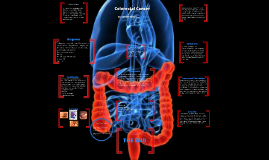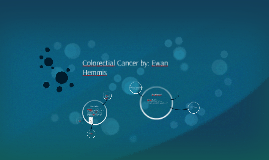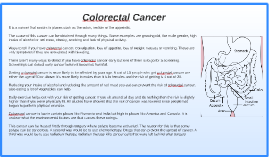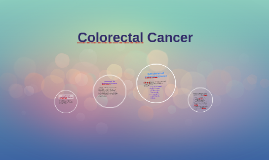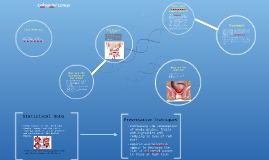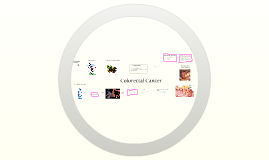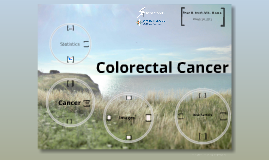Colorectal Cancer
Transcript: Is a cancer that originates in the rectum or colon. Both of these organs are located at the lower portion of your digestive system.The colon is at the end of the large intestine , and the rectum is at the end of the colon. Colorectal cancer is common in both men and women.Most often begins as a polyp .Polyps are abnormal cells accumulate in the lining of the colon,if not treated or removed, a polyp can become a potentially life-threatening cancer. In the early stages of the disease ,colorectal cancer symptoms may be minimal or not present at all. As the disease progresses,symptoms may increase , because symptoms often do not present themselves until the disease has progressed past the initial stage. -Changes in your bowel habits -Constipation -Rectal bleeding or blood in your stool -Alternating diarrhea and constipation -Unexplained weight loss -loss of appetite -weakness or fatigue To diagnose colorectal cancer the doctor use many tests,including advanced imaging and laboratory test,to evaluate. there are many ways to make a diagnosis: -Endoscopic procedures -Biopsy -MRI,CT scan, PET-CT scan -ultrasound -Lab tests A thorough and accurate cancer diagnosis is the first step in developing a treatment plan . Your integrated team of colorectal cancer experts will evaluate the disease and plan your individualized treatment.These team often include: -Gastroenterologist -Surgeon -Medical oncologist -Radiation oncologist Treatment depends on many things,including the stage of the cancer. The three primary options are : surgery, chemotherapy, and radiation . Surgery is the main treatment ,sometimes the colon is brought to the surface. Stool comes out of a stomach instead of the rectum.That procedure is call Colostomy. The colostomy can be temporary or permanent. Colorectal cancer occur in young adults and teenagers, but more than 90% of colorectal cancer occur in people over 50 , and the risk increase with age, or family history of cancer.African-americans have a greater risk than do people of the other races.Other risks are: Diabetes, a sedentary lifestyle, smoking, alcohol, inflammatory intestinal condition. When caught early,colorectal cancer is treatable, and often curable. with early detection most people live at least another five years after diagnosis. If the cancer doesn't return in that time, you're considered cured, especially if you are in the first three stages of the disease. The recovery rate for stage IV cancer isn't as optimistic, but it has been cured in rare cases. Prevalence/ Distribution THE END Colorectal Cancer Symptoms By: Cynthia Chapa References -cancer.net -medlineplus.gov -book pearson's comprehensive medical assisting, 2/edition Severity PICTURES Interesting Facts Smoking increases the risk of colon cancer Common symptoms include: Fat will store excess toxins and also make oestrogen Colorectal Cancer Treatments Sunshine and vitamin D is a tremendous Colorectal cancer preventer Diagnose Symptoms Medical Terminology Col/o; colon (large intestine) rect/o; rectum -al; pertaining to pertaining to the large intestine in the rectum Treatments






